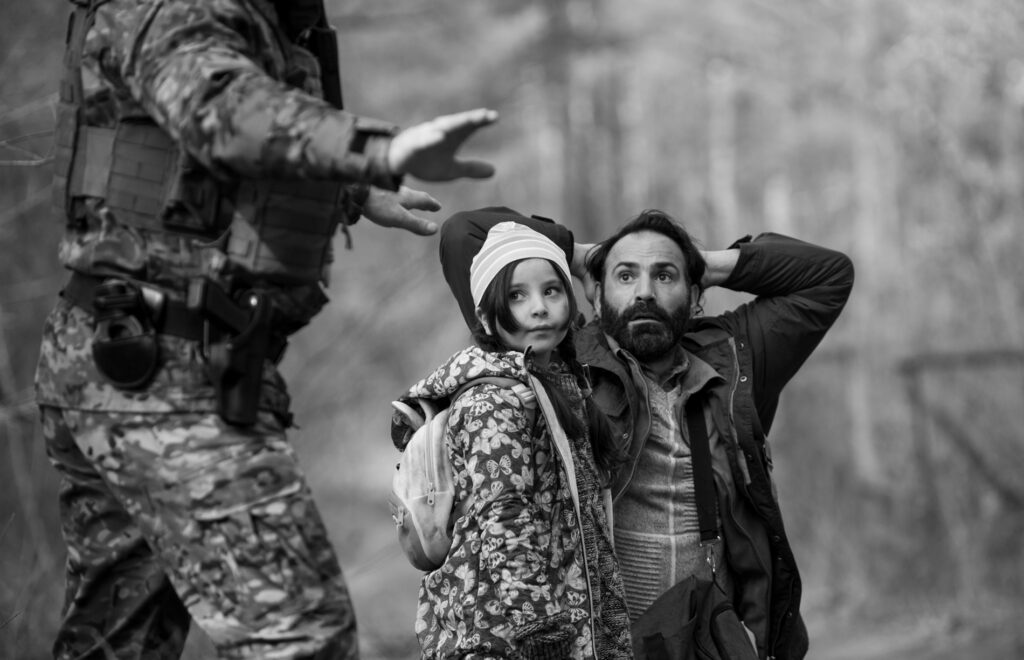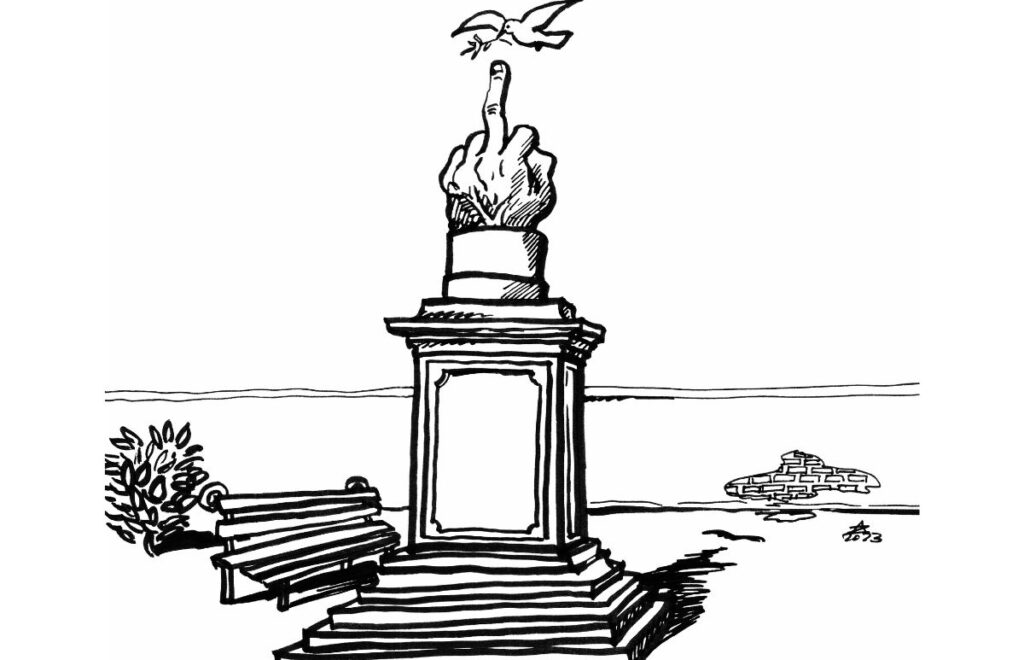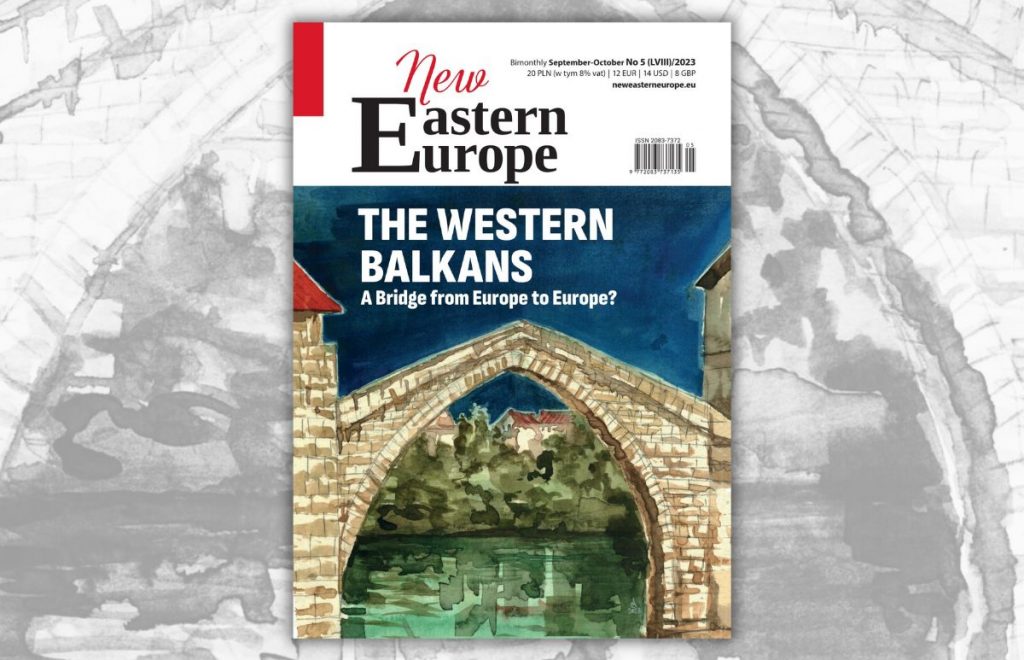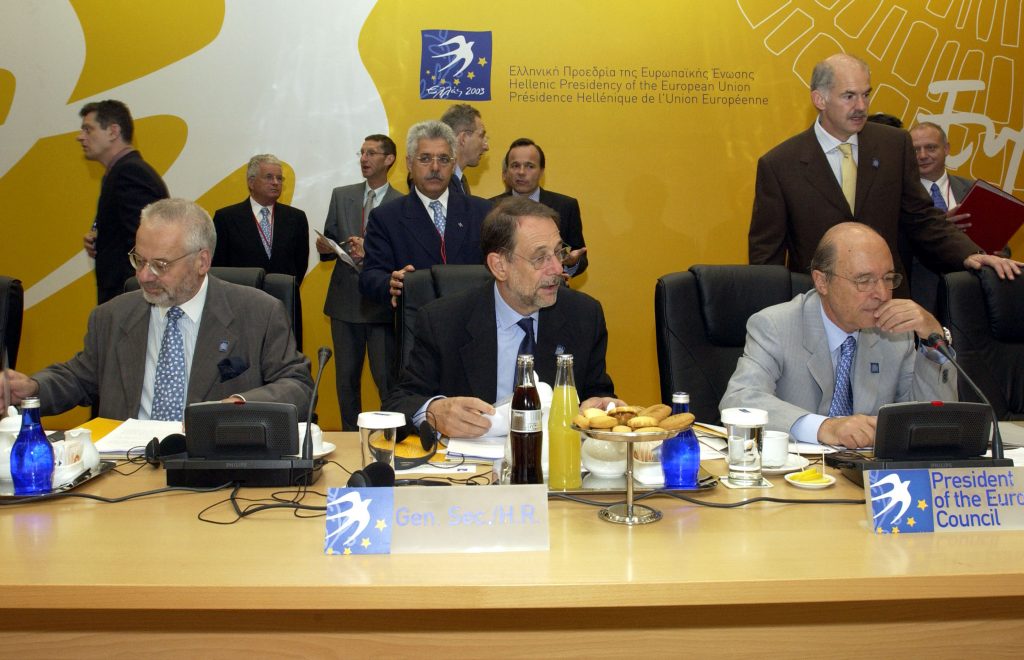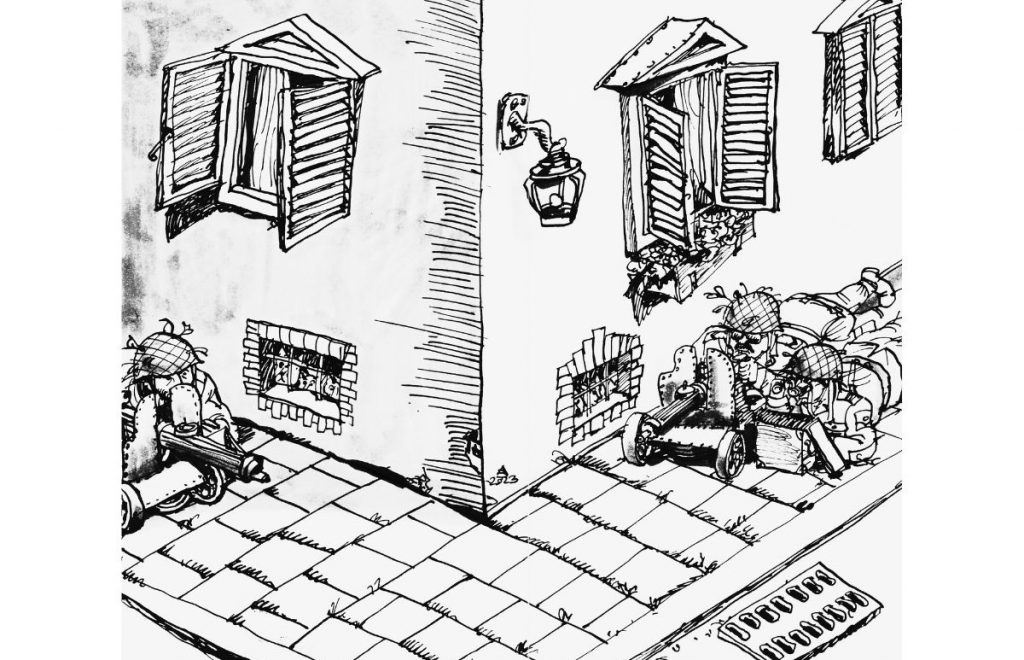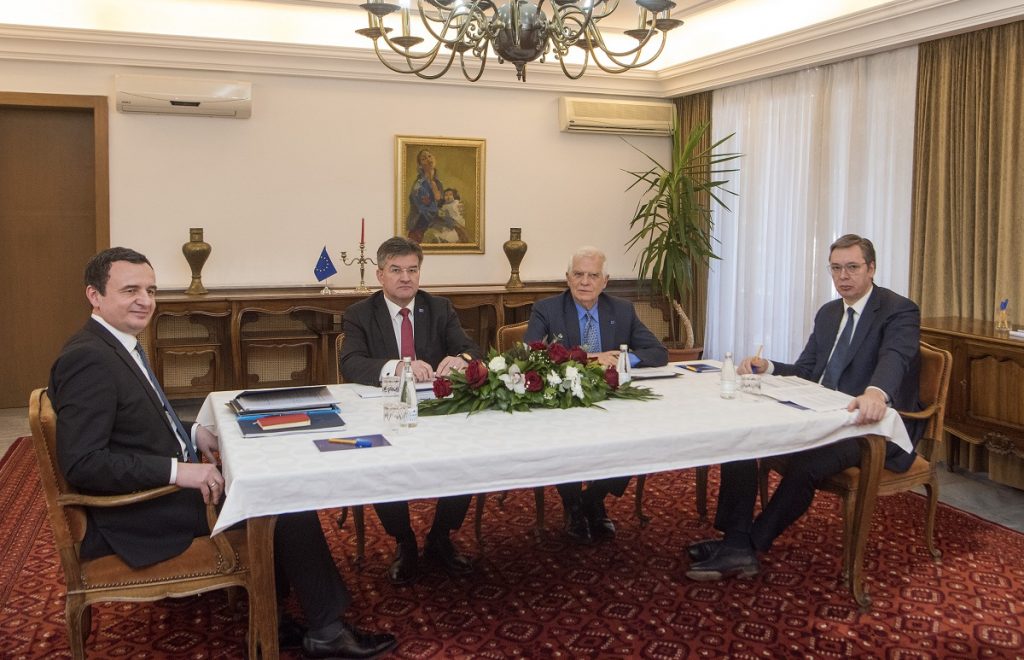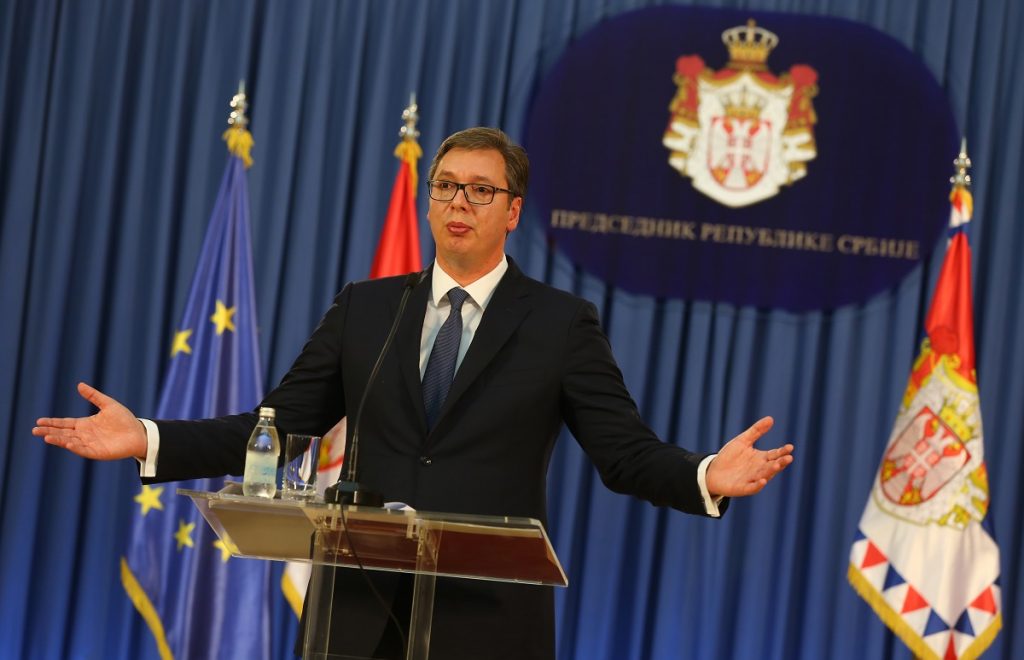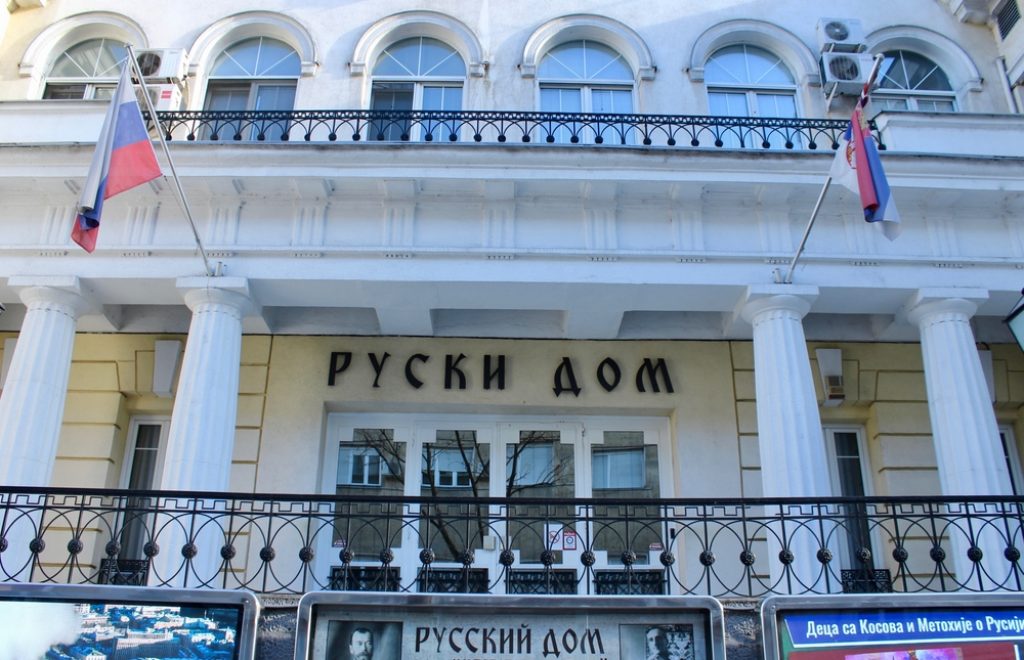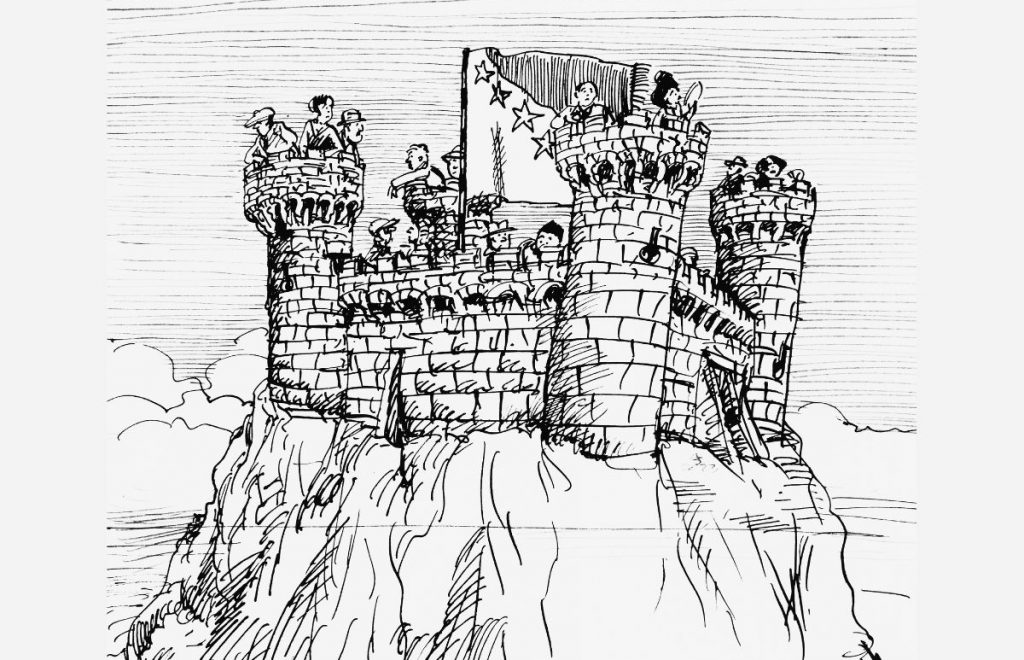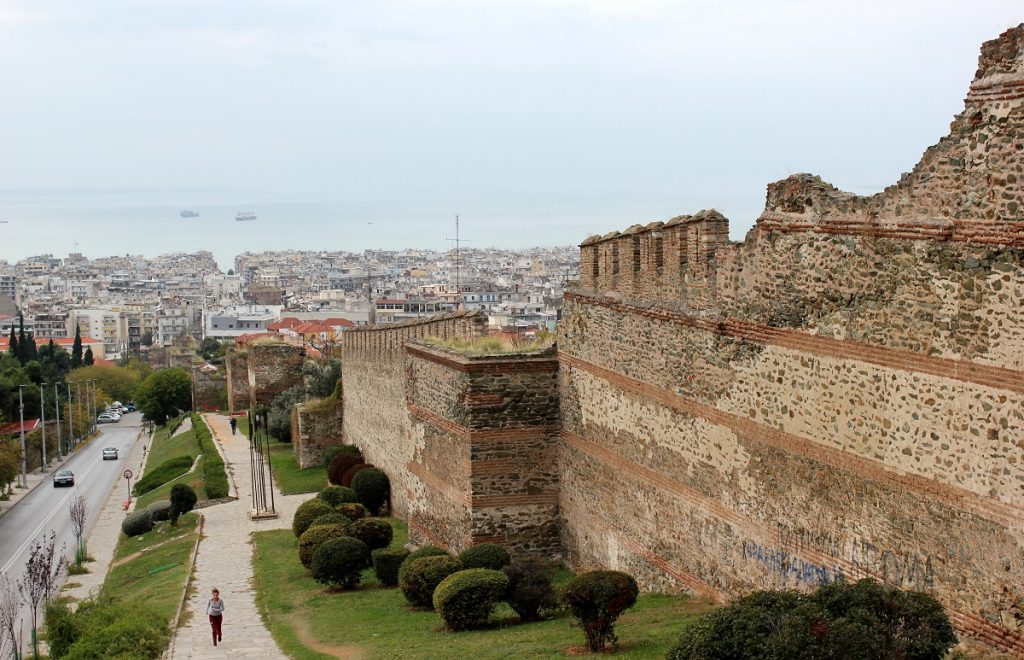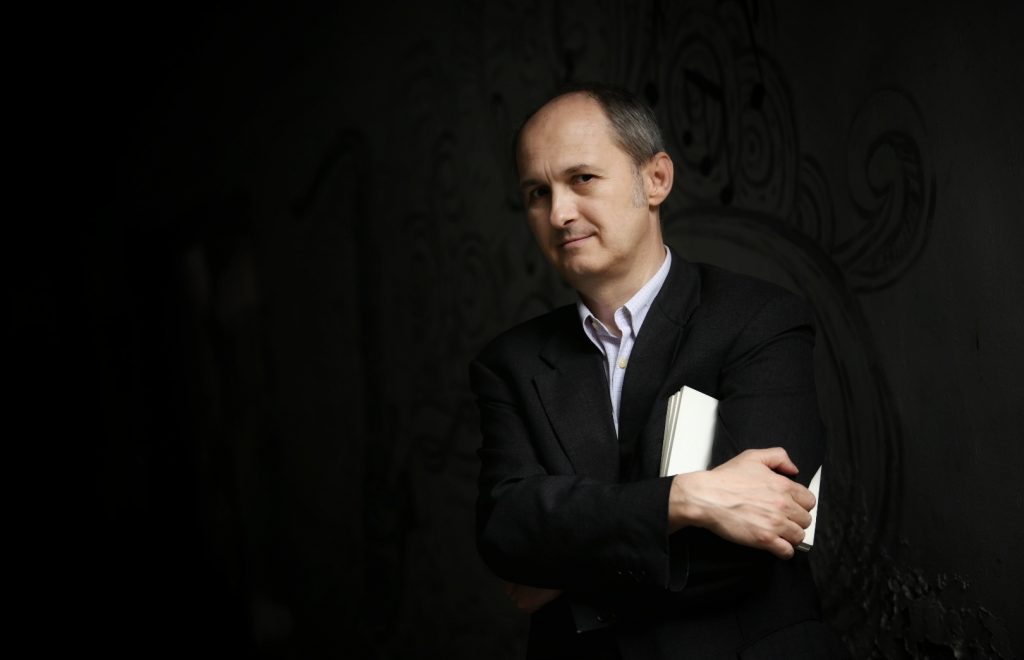A forgotten tale of violence from Romania’s recent past
When Nicolae Ceaușescu's brutal regime collapsed in Romania 34 years ago, Tudor Giurgiu was 18 years old, living in his home city of Cluj-Napoca, in central Transylvania. “For many days and weeks, the country was directionless,” the 51-year-old Romanian film director explains from central Sarajevo, Bosnia, where he is showcasing his latest film Libertate. “People were not talking normally, they were going nuts and there was a lot of shouting, paranoia, and violence.”
November 16, 2023 - JP O'Malley



